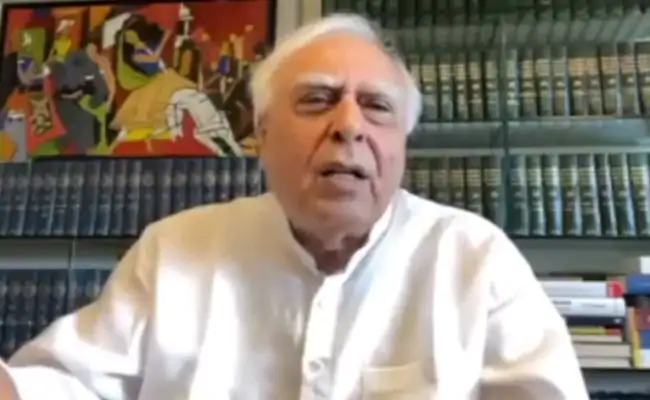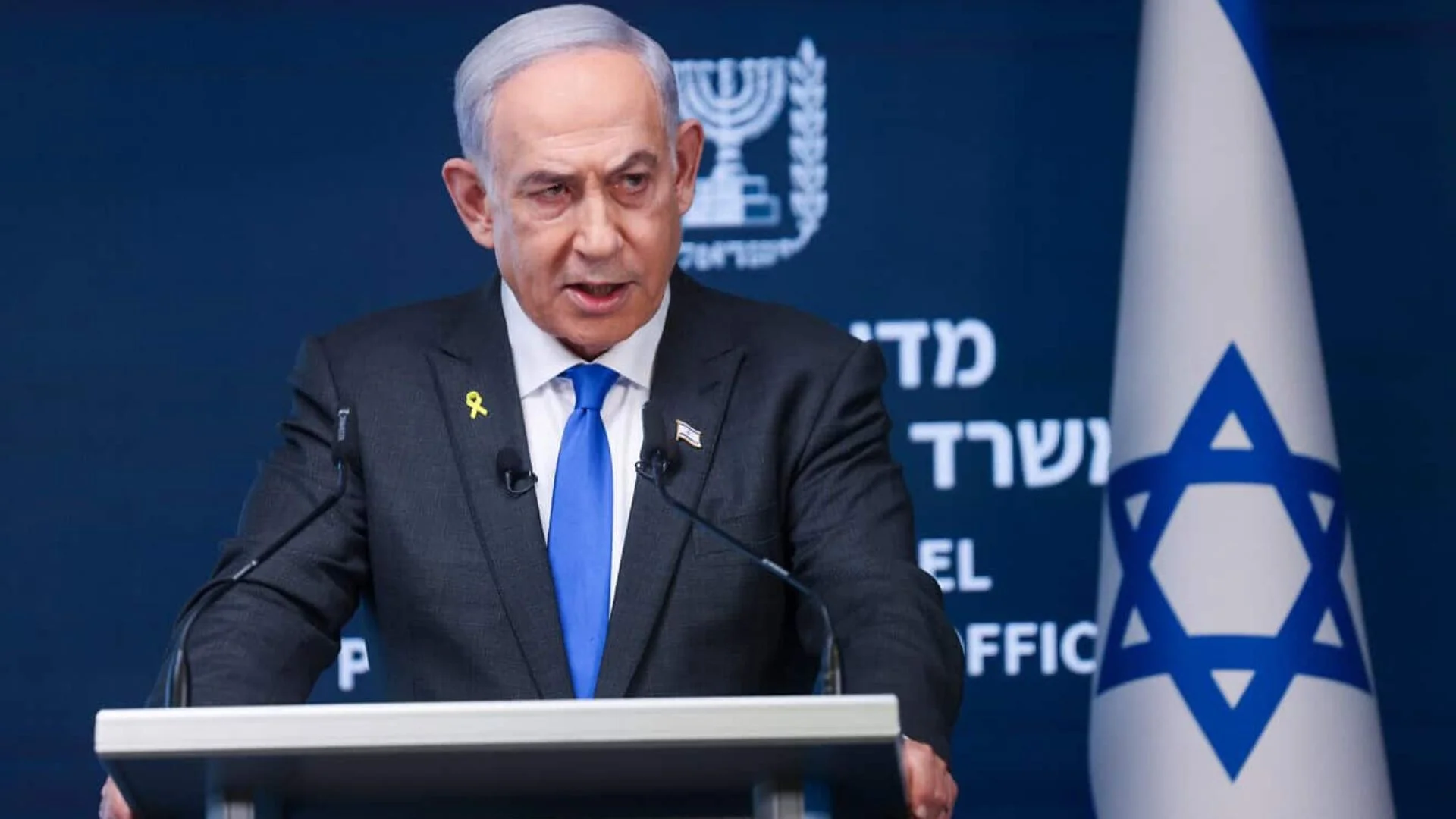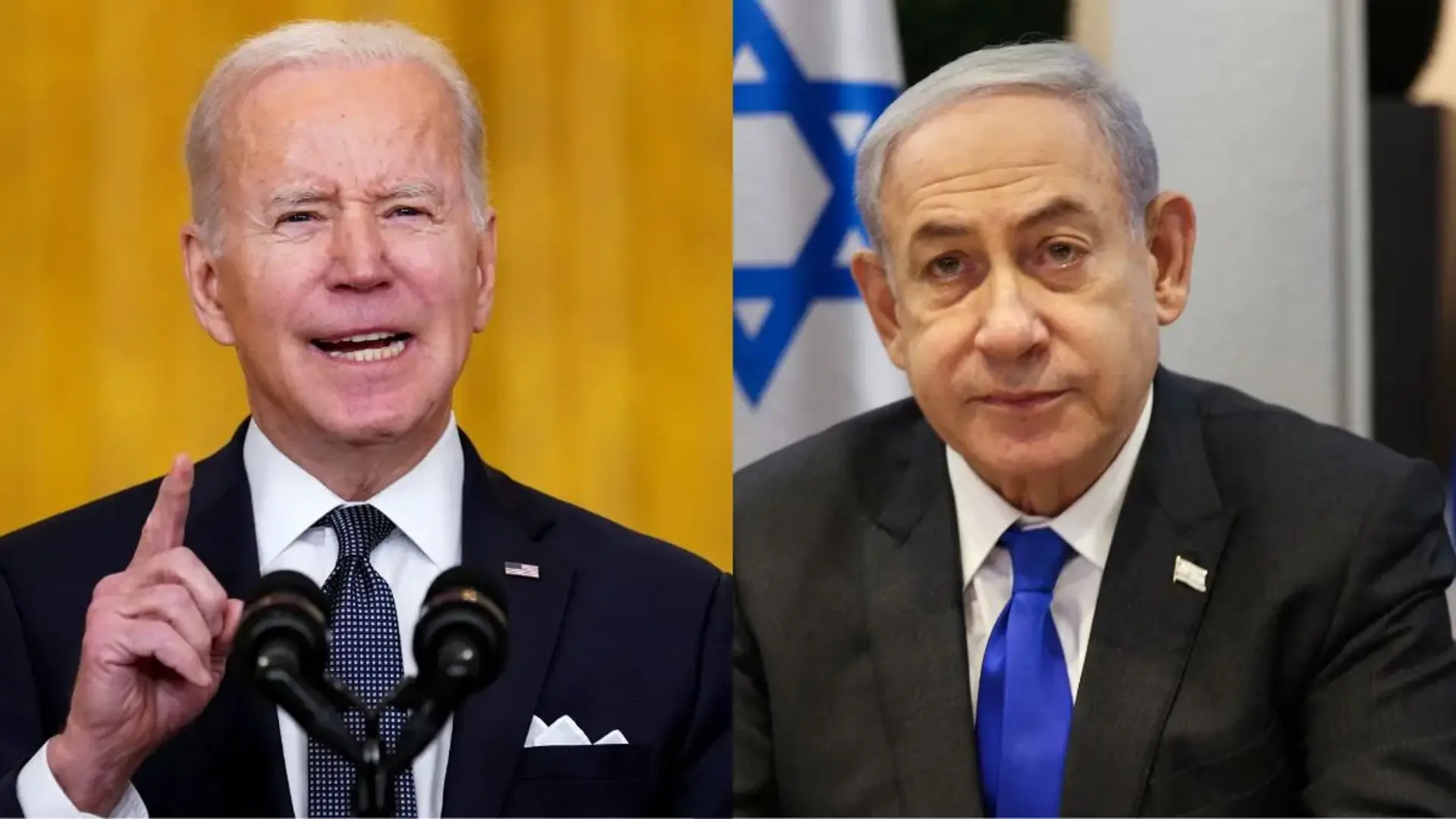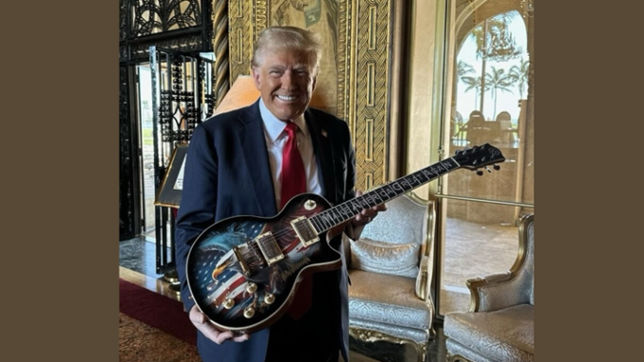
Commenting on Prime Minister Narendra Modi’s accusation against the Congress regarding their alleged intention to stall the construction of the Ram Temple in Ayodhya, Rajya Sabha MP and senior advocate Kapil Sibal raised doubts on the feasibility of such claims. Referring to expelled Congress leader Acharya Pramod Krishnam’s allegations against Rahul Gandhi, suggesting plans to overturn the Supreme Court verdict on the Ram Temple, PM Modi urged voters to ensure a BJP-led NDA victory with “400 seats” to prevent the Congress from hindering the construction of the Ram Mandir in Ayodhya.
In an interview with ANI on Wednesday, the former Congress leader raised doubts about the practicality of placing a lock on the Ram Mandir. He questioned whether the Prime Minister’s statement was a mere prediction and highlighted the Election Commission’s authority to address such remarks, which he believes violate the Model Code of Conduct (MCC).
Criticizing the Election Commission for its inaction, he suggested that it lacks the courage to reprimand influential campaigners, insinuating political bias. He further implied that during elections, independent agencies align with specific political factions, suggesting a lack of impartiality.
During a large gathering in Dhar, Madhya Pradesh, Prime Minister Modi emphasized the importance of securing a 400-seat mandate for the BJP-led NDA. He expressed concern that such a mandate would prevent the Congress from reinstating Article 370 in Kashmir and hindering the construction progress of the Ram temple in Ayodhya.
In response to PM Modi’s statement urging people to choose between ‘vote jihad’ and ‘Ram Rajya’, Kapil Sibal criticized the divisive nature of such remarks. He questioned whether such statements align with the vision of a developed India (‘Viksit Bharat’), suggesting they may not foster unity among different communities and sections of society. Sibal urged PM Modi to refrain from making statements that could further polarize the nation, emphasizing that such rhetoric contradicts the principles of democracy and national development.















